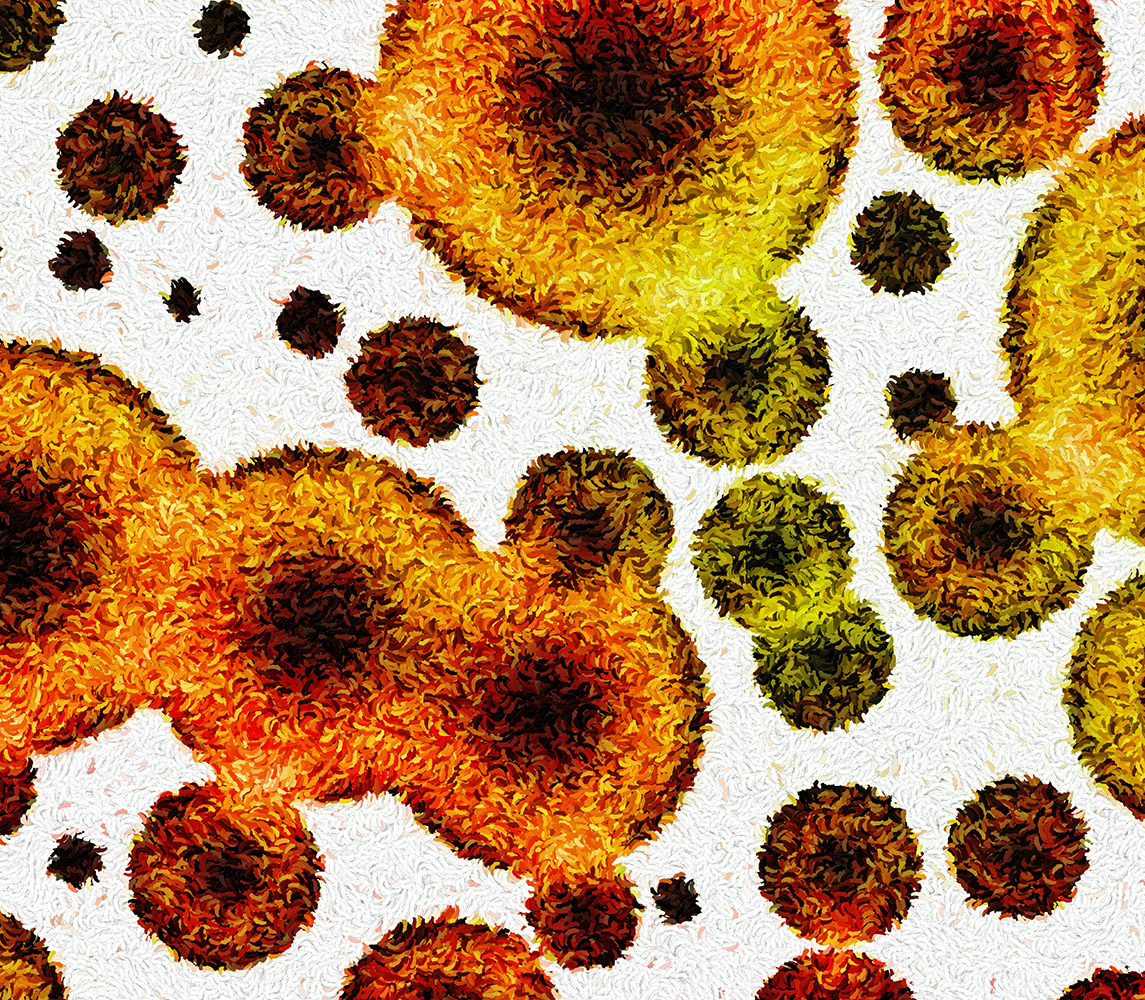The conceptual framework for the Nebraska Food for Health Center came from the Gut Function Initiative at the University of Nebraska–Lincoln. Established in 2007 within the Department of Food Science and Technology by Andrew Benson and Robert Hutkins, the Gut Function Initiative provided a conceptual framework for food science research based on a complete understanding of the human gut function, including the hundreds of trillions of microbes (the gut microbiome) that reside in the gut ecosystem.
Studies led by Gut Function Initiative researchers brought about remarkable discoveries of how individual genetics and the immune system work to shape species composition of the gut microbiome; an understanding of how some bacterial species have adapted to life in the gut; and an understanding of how specific dietary components can have a major influence on microbiome composition and inflammatory and metabolic characteristics of an individual.
Meanwhile, biomedical researchers around the world were making discovery after discovery showing that abnormalities in the gut microbiome were associated with a wide range of metabolic diseases (e.g. obesity, diabetes, metabolic syndrome) and inflammatory diseases (Inflammatory Bowel Diseases, Colon Cancer). Translational studies from the initiative also fueled a growing interest in “dietary modulation”—the ability to specifically stimulate growth of desirable (beneficial) species of gut microbes through use of targeted dietary components that are exclusively metabolized by these microbes (but not by human metabolism alone). Just the opposite of antibiotics, dietary modulators of the microbiome selectively feed microbes that provide benefits to the host.


A center is born from the challenge to develop “Agriculture 2.0”
With the 2015 move of the university's Department of Food Science and Technology from East Campus to Nebraska Innovation Campus, the Gut Function Initiative was challenged with an opportunity to develop into a Program of Excellence. This challenge required expansion of the initiative's original vision and a commitment to become more translational. Another challenge came from outside the university - the Jeff and Tricia Raikes Foundation called on the initiative to develop a bold vision using the gut microbiome and health to drive development of “Agriculture 2.0.”
Because our gut microbiome eats the same food we eat, Gut Function Initiative researchers quickly realized that modulation of the gut microbiome with specific food components (dietary modulation) provides a meaningful framework to link agriculture and medicine. Further development of this broad mission required our researchers to more broadly engage multiple campuses in the University of Nebraska system. At the University of Nebraska–Lincoln, gut microbiomists began collaboration with plant geneticists, chemists, statisticians and computational biologists to discover additional components and molecules in crop plants that can modulate the microbiome. Similarly, gut microbiome work in animal models at UNL (gnotobiotic mice) and the University of Nebraska at Omaha (non-human primates) began focusing on developing non-invasive methods for assessing the impact of dietary modulation. Members of the Gut Function Initiative also began collaborations with faculty at the University of Nebraska Medical Center to better understand how dietary modulation could be used to prevent and intervene in disease. Through these collaborations, a discovery-translation research platform was born and would go on to form the basis around which the Nebraska Food for Health Center would evolve.
In September of 2016, the Nebraska Food for Health Center was launched. Based on the vision and discovery-translation research platform developed by the Gut Function Initiative and collaborators at UNMC and UNO, the newly-minted Nebraska Food for Health Center is driving development of linkages between Agricultural and Biomedical research.